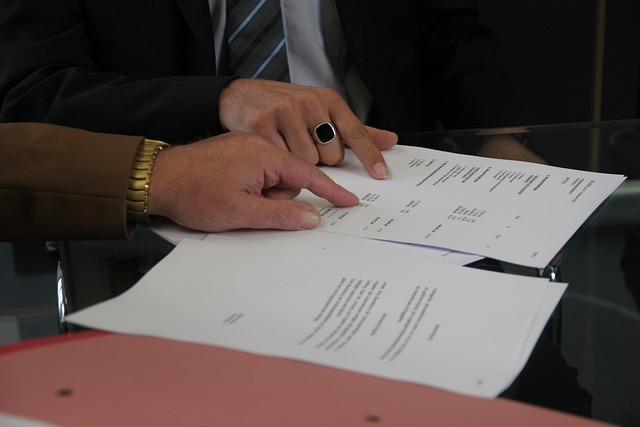Q: What is an executor, and what do they do?
A: An executor is an individual appointed in a Will to carry out the deceased person’s wishes. Their responsibilities include managing the estate and obtaining date of death valuations for all assets, obtaining a Grant of Probate if needed, reporting any tax due, distributing assets, and completing accounts if required.
Q: How is an executor appointed, and can there be more than one?
A: Executors are typically nominated in the deceased’s Will. There can be more than one (but no more than 4 can act at any time), and they are chosen by the individual creating the Will. If no executor is named or willing (or able) to act, the Court can appoint an administrator. A beneficiary of the Will may also be able to apply in certain circumstances.
Q: Can an executor be held personally responsible for mistakes?
A: Yes, executors can be held personally liable (or responsible) for errors or mismanagement. It is crucial to seek professional advice when uncertain and keep meticulous records of all actions taken. Although there is no specific timeframe that the administration needs to be completed by, an executor should act in a timely manner and can be removed if they fail to act responsibly and efficiently.
Q: What if there is no Will?
A: In the absence of a Will (or nominated executor), the Court can appoint an administrator to carry out similar duties. The process is known as letters of administration instead of grant of probate but the administrator’s role is the same as an executor. Usually, the people able to apply to be an administrator are the same people that are entitled to benefit from an estate under the intestacy rules.
Q: How long does the executor’s role typically last?
A: The duration varies based on the estate’s complexity. It can take several months to years.
Q: Can an executor be removed, and under what circumstances?
A: Yes, an executor can be removed if they are incapable, unwilling, or have mishandled the estate. This requires a court application and valid reasons.
Q: What support can executors seek during the process?
A: Executors can seek professional guidance from solicitors or probate specialists. It’s advisable to consult with experts, especially when dealing with complex estates or legal uncertainties. They may also need to seek specialist tax advice if there are more complex income tax or capital gains tax considerations.
Q: Are executors entitled to compensation?
A: While executors can claim reasonable expenses, they are not automatically entitled to payment. However, the Will might specify compensation or a gift for accepting the appointment.
Q: How can executors minimise family disputes during estate administration?
A: Clear communication, transparency, and keeping beneficiaries informed can help minimise disputes. Seeking legal advice when needed and treating all beneficiaries fairly are essential. Keeping clear records of everything done in relation to the estate can keep arguments to a minimum.
Being an executor in England involves significant responsibilities and potential challenges. Seeking professional advice and staying informed about legal duties can help navigate the process effectively. If you would like to discuss what to do after being appointed as an executor, please contact Maddie by phone: 0203 924 8462 or e-mail: madeline@ne-familylaw.co.uk




